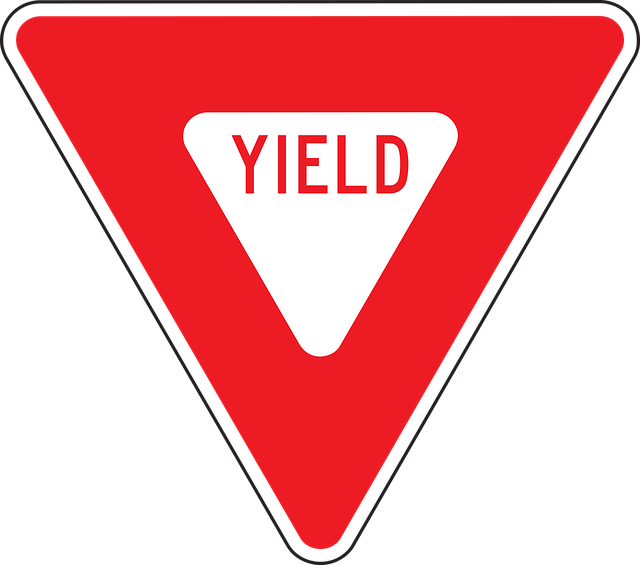Community covenants are unspoken but powerful in real estate, setting rules and expectations that impact property values and lifestyles. Understanding these covenants—covering guidelines from architectural to pet policies and community involvement—is crucial for buyers, sellers, or tenants to avoid conflicts and make informed decisions. In development, well-governed covenants through open communication promote harmony, respect, and collaborative problem-solving among neighbors, fostering vibrant, inclusive spaces and long-term community well-being. Effective covenant governance keeps residents informed, encouraging idea exchange, concern sharing, and trust building for a more harmonious living environment.
In today’s diverse and interconnected real estate market, community harmony is paramount. Effective governing covenants foster a peaceful and collaborative environment for residents. This article delves into the essentials of community covenants, exploring their role in promoting unity. We’ll guide you through understanding and creating agreements that prioritize harmony, highlighting the crucial aspects of transparency and communication in covenant governance. By implementing these strategies, real estate communities can thrive with residents who appreciate a shared sense of belonging.
Understanding Community Covenants in Real Estate

Community covenants play a vital role in real estate, shaping the living experience for homeowners and tenants alike. These agreements are essentially promises or restrictions made by individuals or groups within a specific neighborhood or development. They outline expectations, guidelines, and rules that foster harmony and maintain the desired character of the community. In real estate terms, understanding these covenants is crucial for buyers, sellers, and landlords as they can impact property values, lifestyle choices, and overall neighborhood dynamics.
When purchasing or renting a property in a community with established covenants, it’s essential to review these agreements carefully. Covenants might cover various aspects such as architectural guidelines, landscaping practices, pet policies, noise levels, and even social events. For instance, some real estate developments have strict rules regarding the type of homes allowed, ensuring a unified aesthetic appeal. Others may enforce community involvement in maintenance or share resources, creating a sense of collective responsibility. Being aware of these unwritten (or sometimes written) rules allows individuals to make informed decisions, contribute positively to their neighborhood, and avoid potential conflicts down the line.
Creating and Enforcing Harmony-Centric Agreements

In the realm of real estate, fostering community harmony through governing covenants is a key aspect of creating vibrant, inclusive spaces. These agreements, carefully crafted and enforced, serve as the bedrock for peaceful coexistence among neighbors. By prioritizing harmony-centric principles, developers and communities can establish rules that promote respect, understanding, and collaborative problem-solving.
Effective harmony-centric agreements start with open communication between stakeholders. Involving residents in the creation process ensures a sense of ownership and commitment to the community’s well-being. Once established, these covenants must be clearly communicated and consistently enforced to maintain their integrity. Regular reviews and adaptive adjustments can also ensure that the agreements remain relevant and responsive to evolving community needs.
The Role of Transparency and Communication in Covenant Governance

In the realm of real estate, governing covenants are instrumental in fostering community harmony. Transparency and open communication stand as cornerstones of effective covenant governance. When residents and stakeholders are kept informed about rules, regulations, and decision-making processes, it promotes a sense of collective ownership and understanding. This is vital for ensuring that everyone within the community is aligned with the shared goals and values.
Additionally, robust communication channels facilitate the exchange of ideas, concerns, and suggestions. It enables residents to voice their opinions, address issues promptly, and collaborate on finding solutions. Such open dialogue strengthens the bonds within the community, enhances trust, and paves the way for a more harmonious living environment.






